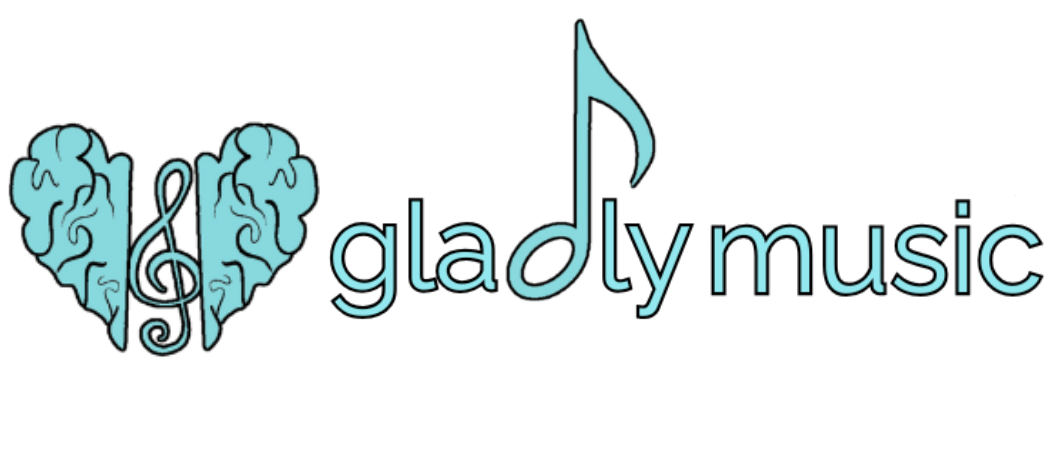How much does music therapy cost?
Music therapy has gained recognition for its effectiveness in promoting healing, improving mental health, and enhancing overall well-being. However, one common question that arises for individuals considering music therapy is: How much does it cost? In this article, we'll explore the factors that influence the cost of music therapy, typical pricing structures, and potential avenues for financial assistance to make this valuable form of therapy more accessible.
Factors Influencing Music Therapy Costs:
1. Location: The cost of music therapy can vary significantly depending on geographic location. Therapy sessions in urban areas or regions with higher living expenses may be more expensive compared to rural areas or areas with lower costs of living.
2. Therapist Qualifications: The credentials and experience of the music therapist can influence pricing. Licensed and board-certified music therapists may charge higher fees than those who are still in training or pursuing certification.
3. Session Format: Music therapy sessions can be offered in various formats, including individual sessions, group sessions, and family sessions. Individual sessions typically cost more than group sessions due to the personalized attention provided.
4. Session Length and Frequency: The duration and frequency of music therapy sessions can impact costs. Longer sessions or more frequent appointments may incur higher fees.
5. Facility Setting: Music therapy can be provided in different settings, including clinics, hospitals, schools, community centers, and private practices. The setting in which the therapy is delivered can affect pricing, with sessions in specialized facilities potentially costing more.
Typical Pricing Structures:
1. Hourly Rates: Many music therapists charge an hourly rate for their services, which can range from $85 to $165 or more per hour, depending on the factors mentioned above.
2. Package Deals: Some therapists offer package deals or discounted rates for clients who commit to a certain number of sessions in advance. These packages can provide cost savings compared to paying for sessions individually.
3. Insurance Coverage: While coverage for music therapy varies depending on the insurance provider and policy, some health insurance plans may partially or fully cover music therapy services if deemed medically necessary. This also is dependent on whether the state you are living in has state licensure for music therapy. For example, in Florida, there is no state licensure, and therefore less insurance coverage. It's important to check with your insurance provider to understand what services are covered and any associated costs.
Financial Assistance Options:
For individuals who may face financial barriers to accessing music therapy, there are several potential avenues for financial assistance:
1. Government Programs: Some government programs or agencies may offer financial assistance for healthcare services, including music therapy, particularly for individuals with disabilities or special needs (such as the Step of For Students Unique Abilities scholarship).
2. Nonprofit Organizations: There are nonprofit organizations dedicated to providing financial assistance for individuals seeking music therapy services. These organizations may offer grants, scholarships, or subsidies to help cover therapy costs.
3. Community Resources: Local community centers, churches, or charitable organizations may offer funding or support for individuals in need of therapy services, including music therapy.
4. Payment Plans: Many music therapists are willing to work with clients to establish payment plans or flexible payment options to accommodate their financial situation.
Conclusion:
The cost of music therapy can vary depending on factors such as location, therapist qualifications, session format, and facility setting. While therapy fees may pose financial challenges for some individuals, there are options available to make music therapy more accessible, including sliding scale fees, package deals, insurance coverage, and financial assistance programs. By exploring these options and discussing payment arrangements with therapists, individuals can access the benefits of music therapy to improve their health and well-being without undue financial burden.
